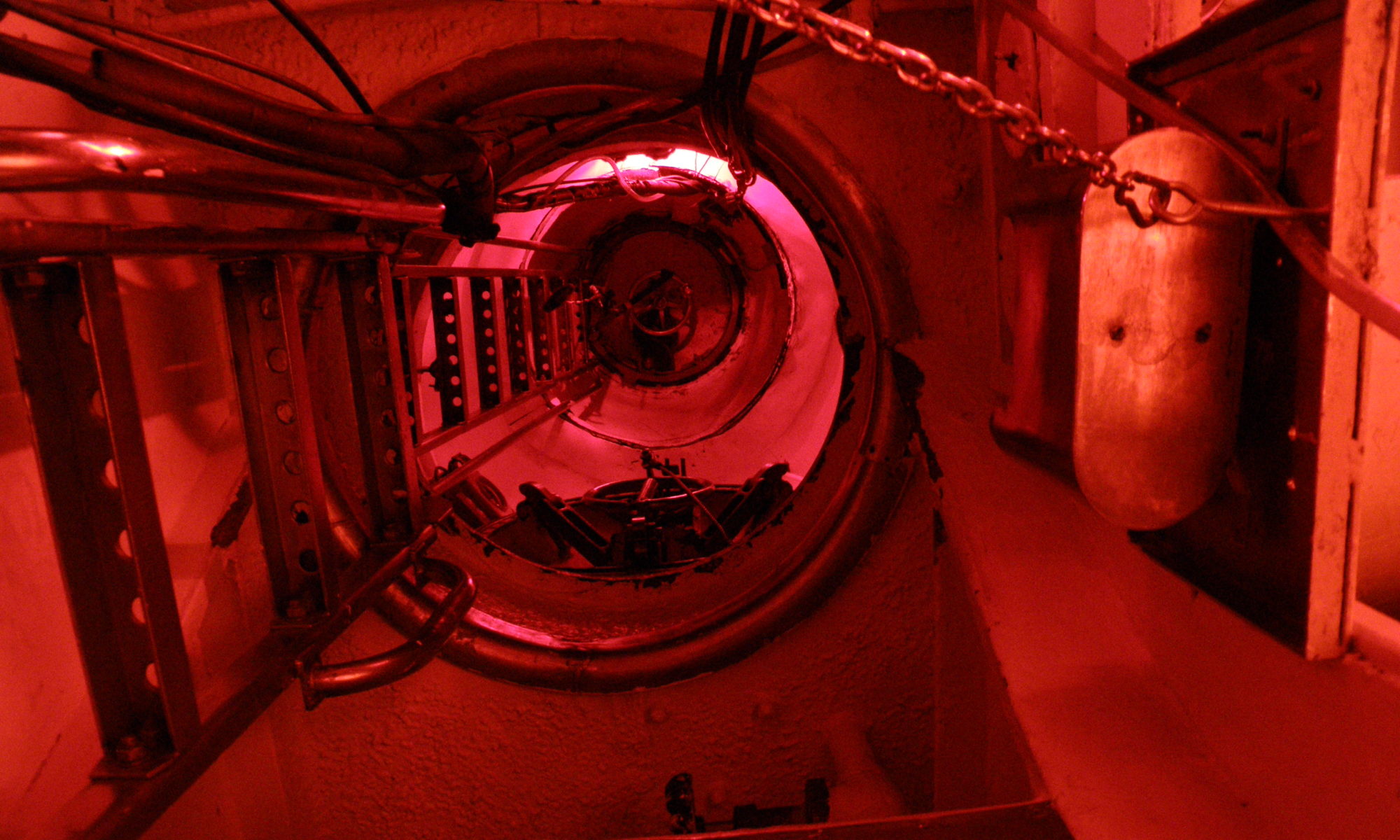There are far too many discussions about technology, all asking the same basic question:
“What are the ethical implications of this technology?”
The implication is that given certain ethical boundaries, a technology should be restricted/forbidden/etc.
I appreciate fear-of-change as much as the next guy. I get it. Auto-tune sounds funny to me, too.
But we’re not talking about my personal peeves — I’m trying to speak for an entire species here, and when I think about this species, this is what I see:
I think humanity is a technological society.
(In fact, I don’t think this is limited to humanity — I think all animals with sufficient brainpower and manipulative limbs move towards technological innovation, tool-using, etc. But that’s a subject for a different day)
Given that, if I had to pick whether humanity was a technological species or a moral species, I think 100% of the evidence points towards humanity being a technological species.
Furthermore, I’d posit that ethical and moral considerations exist solely to retard technological processes (test: name a common ethical/moral framework that demands its adherents innovate, create, and explore the world around them with an imperative upon learning and scientific development? I ain’t holding my breath on that one… ) .
We are a technological species because no matter where we are, no matter what level of achievement we enjoy, we are always building tools, solving problems, exploring our worlds, categorizing, using the scientific method to understand the natural process around us better.
One could suggest that morals and ethics exist to make sure that we treat each other well, and I could consider that a parallel (and somewhat trivial) conclusion, but basically, moral and ethical considerations are a list of don’t‘s. And many of those don’t’s (at least as far as my limited sight can tell) are associated with the manifestations of a technological society.
Sure, there might be examples of ethical or moral commands that have nothing to do with technology, but I’m looking at this from a standpoint that views where that power is applied, and that power of ethical and moral power is more-often-than-not applied toward the restriction of a technological (or similar-to-technological) advancement.
Let’s look back at the question: “What are the ethical implications of this technology?”
I think this question is a red herring, a dead-end alley, a broom game. I think this question is granting power where it really doesn’t belong.
I think, instead of asking ourselves “What are the ethical implications of this technology?”, we should be asking ourselves:
“What are the technological implications of this ethical/moral framework?”
And if those implications threaten what this species does best (innovate, create, explore, etc.), then it’s not the technology that’s the problem.
It’s the ethics.

